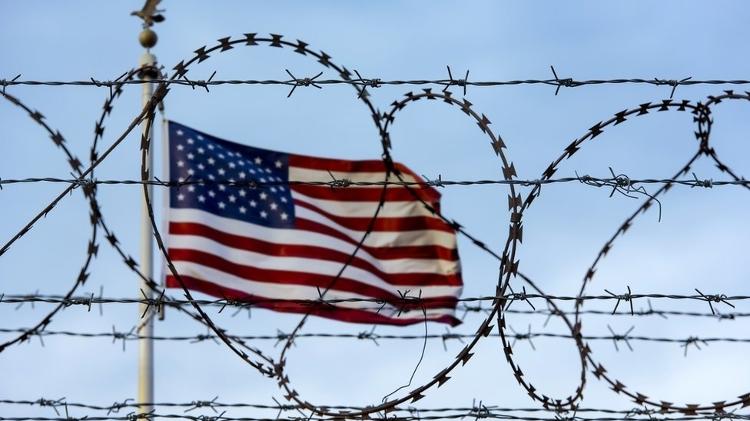The United States is now preparing to reopen its land and air borders to travelers vaccinated against covid-19, ending 20 months of severe restrictions criticized by neighboring Europe and Mexico and Canada.
Separated families, broken business relationships, frustrated career ambitions: the “travel ban” imposed by then-President Donald Trump in early 2020, later confirmed by his successor Joe, worsened the upheavals caused by the pandemic .
To protect himself from the countries hardest hit by covid-19, Trump quickly imposed travel restrictions on China in February 2020. Then, on March 13, it was the turn of European countries belonging to the Schengen area.
The UK and Ireland were restricted days later, while land borders were virtually closed with Mexico and Canada.
With all these countries, the density of human and economic exchanges is extremely intense.
“It was very difficult, I just want to see my son,” Alison Henry, a 63-year-old Briton, told AFP on Monday to meet her son in New York after 20 months of separation.
Since last summer, it was possible to travel from the United States to Europe, but foreigners who settled in the United States and held certain visas were not guaranteed to be able to return home.
To meet the foreseeable increase in demand, airlines have increased the number of transatlantic flights and the size of aircraft.
The lifting of restrictions also represents a respite for the aviation sector in crisis by the pandemic.
Still along the immense Mexican border, countless American cities, in Texas or California, have suffered a severe economic shock and are eagerly awaiting a return to normalcy.
Wealthy Canadian retirees, for example, can now safely, at the time of the first frosts, embark on their annual road trip to Florida and its climatic delights.
Vaccination and testing
More than thirty countries will be included in the investigation into this “travel ban”.
For travelers arriving by plane, the United States will ask, as of Monday, in addition to the vaccination certificate and the negative covid test carried out in the three days preceding departure, the establishment by the airlines of a system of contact follow-up.
For the overland route, the restrictions will be lifted in two stages.
As of Monday, people who arrive in the country for reasons deemed non-essential, such as family or tourism, will be able to cross the borders of Canada or Mexico, provided they are vaccinated.
Those who do so for compelling reasons, for example truck drivers, will be exempt from this requirement.
But from January, the vaccination obligation will apply to anyone crossing land borders, whatever the reason for the trip.
US health officials have also indicated that all vaccines approved by the World Health Organization (WHO) will be accepted.
On the other hand, the WHO is once again alarmed by the “very worrying” rate of transmission of covid-19 in Europe, which could cause half a million additional deaths on the continent by February.
This fourth wave mainly hits Germany, with which the Biden government is particularly cautious in its negotiations.

“Travel aficionado. Twitter scholar. Writer. Extreme coffee guru. Evil pop culture fanatic.”
